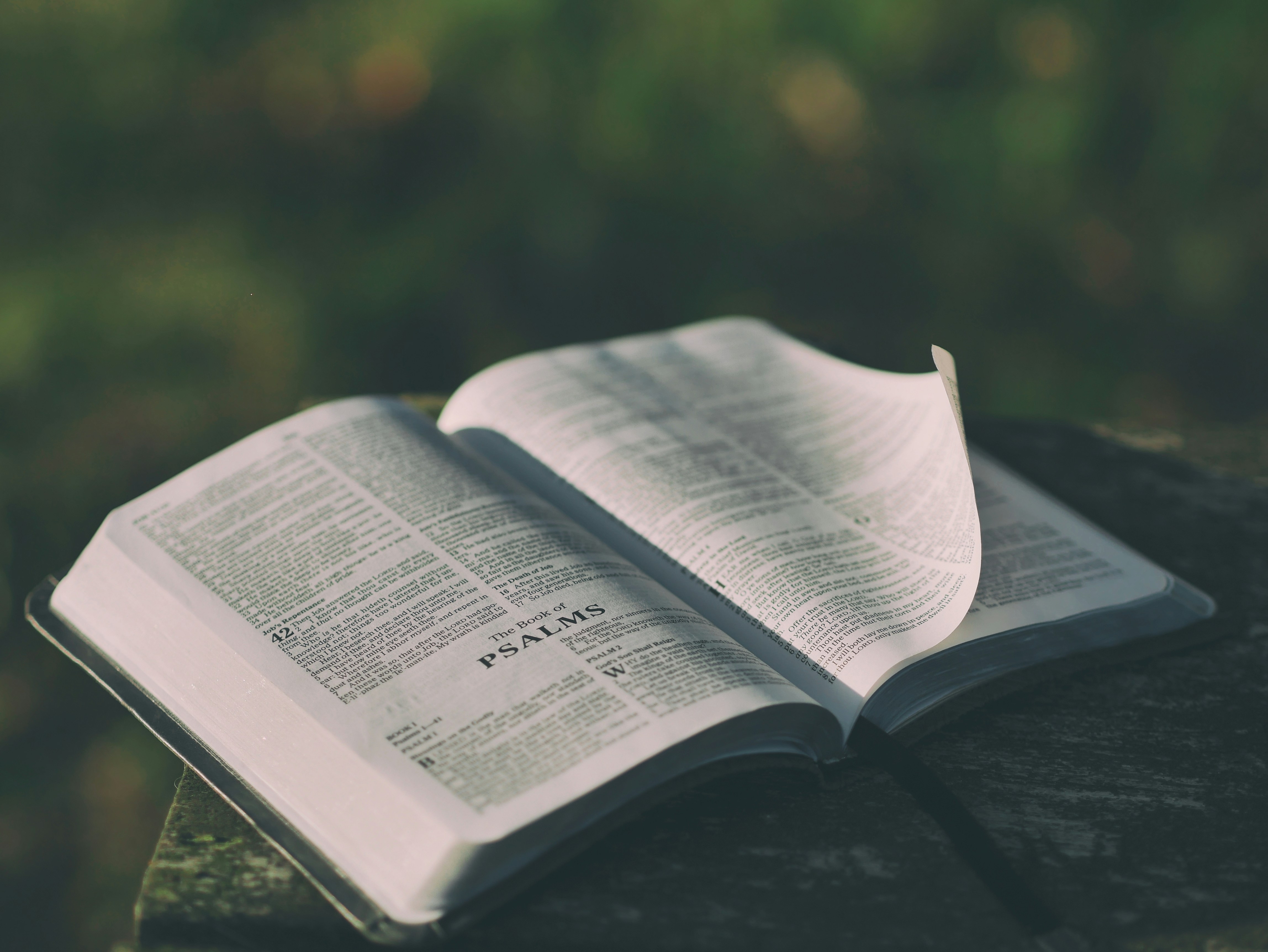
Family Camp + Praying the Psalms
We’re looking forward to a great time together at Family Camp this weekend! Family Camp isn’t just fun—it’s strategic for our mission. We believe disciples are formed in spaces like this. Think about the 10 strategic actions that help us grow as disciples who grow other disciples—Family Camp checks a lot of those boxes!
This weekend, we’ll worship together, seek together, live together, eat together, play together, and learn together. Whether you’re coming for the whole time, just a part of it, or aren’t able to join us this year, would you take a moment to pray? Ask the Spirit to fill our time with grace, joy, and unity as we follow Jesus together.
This Sunday: From Matthew to the Psalms
Speaking of learning together, we’re shifting this Sunday from Matthew’s Gospel to the prayer book of God’s people—the Psalms. We’ll return to our summer rhythm of preaching through the Psalms, focusing on Psalms 43–48, which were written by the sons of Korah, who played a key role in leading worship in Israel.
As we move back to the Psalms, I would like to invite you to join a historic, soul-shaping practice: praying the entire Book of Psalms.
For thousands of years, God’s people have walked “the ancient path of psalmic prayer”—taking the words God has given us in the Psalms and speaking them back to Him. Some pray the Psalms across the year. Others pray them monthly or weekly. This August, I invite you to join me in praying all 150 Psalms over 31 days.
If you’ve never done this before, I think you’ll find it to be a powerful experience—joining believers across centuries as we let God’s Word shape our prayers, our emotions, and our walk with Him.
Why Pray the Entire Book of Psalms?
Why would someone pray through the entire book of Psalms with the kind of regularity God’s people have shown for centuries? One reason is that the Psalms teach us how to pray in every season and across the full range of emotions God’s people experience. In the Psalms, we encounter the heights of joy and the lows of lament. We join the psalmists in giving thanks and crying out, “How long?” We learn to speak to our souls: to hope in the Lord and seek refuge in Him—especially when hope feels like the hardest thing we can do.
We also learn not only to search for the right psalm to match our feelings, but to pray all kinds of psalms, regardless of how we feel. This is good for us. The Psalms expand our prayer life, shaping our desires and teaching us to trust in God’s character, rather than just reacting to our circumstances.
Another reason to pray the Psalter: “We can speak words to God that He has been listening to for thousands of years.” When was the last time you struggled to find the words to pray? The Psalms give us a vocabulary of faith—a way to speak to our Father when our own words feel small or insufficient.
And finally, maybe the most important reason for our discipleship: Jesus had the Psalms on His lips. Over and over, He quoted them. He prayed them. Even on the cross, He cried out in the words of the Psalms. One of the best ways to become like Jesus in prayer is to grow familiar with the Psalms as He was.
So, how are we going to do this?
Starting August 1, here are three options:
1. Pray 5 Psalms a day. The 31 days in August work well—especially with a long psalm like Psalm 119 in the mix.
2. Use a 30-day morning and evening schedule from the Book of Common Prayer (we’ll share a link/resource).
3. Create your own plan—whatever helps you stay in the Psalms consistently.
How do we pray the Psalms?
1. Pray the psalm as written. Simply read the psalm aloud as your prayer.
2. Pray reflectively. Read a verse or phrase, pause, and respond with your own short prayer or reflection.
I’ve started a little early myself, and the repetition of images like The Lord as our refuge and the one whom our eyes should ever be toward has been like a breath of fresh air for my soul. These psalms have helped me in my incessant battle to go inward when the eyes of my heart should look outside of myself to our good Father.
So as you pray the Psalms in August—and hopefully for the rest of your life—do one more thing: share with someone how the Psalms are instructing your soul. Let’s encourage one another with the very words that have shaped the people of God for generations.
Praying the Psalms with you,
Pastor Lew
P.S. Check out this opinion piece titled I Hate, Therefore I Am. This is a stinging follow-up to Pastor Toph’s message on Sunday!
Quotations from Reed S. Dunn, When You Don’t Have the Words: Praying the Psalms (Bellingham, WA: Lexham Press, 2025)